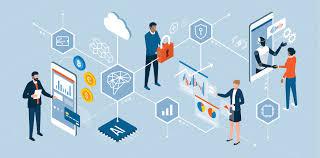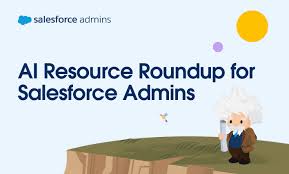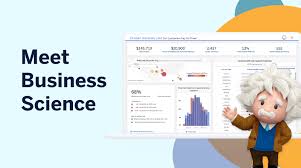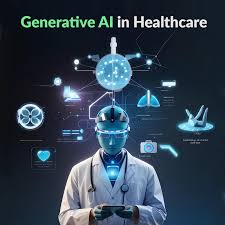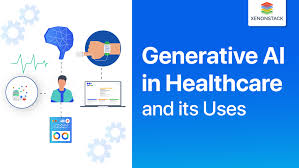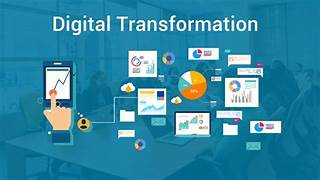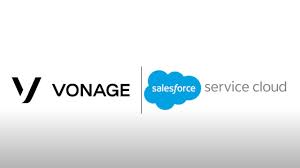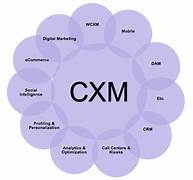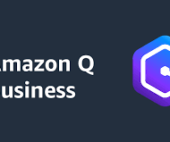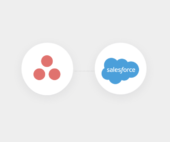Customer Engagement with AI
Funlab Explores AI to Boost Customer Engagement in Leisure Venues In a push to enhance customer experiences across its “leisure-tainment” venues, Funlab has begun experimenting with artificial intelligence. Speaking at a Salesforce Agentforce event in Sydney, Funlab’s Head of Customer Relationships and Retention, Tracy Tanti, shared that the company is “excited to be able to start experimenting” with AI. Agentforce, a Salesforce platform designed to create autonomous agents for supporting employees and customers, serves as a key part of Funlab’s AI exploration efforts. According to Tanti, Funlab has a range of AI-focused projects on its roadmap, with the goal of blending digital experiences into real-life interactions and supporting both venue and corporate teams with AI-driven tools. Reflecting the company’s dedication to careful planning, Tanti described how Salesforce connected Funlab with another customer, Norths Collective, to discuss its own AI implementation journey. Robert Lopez, Chief Marketing and Innovation Officer at Norths Collective, has seen success with enhanced personalization and analytics, which have contributed to increased membership and engagement. Tanti noted that Norths Collective’s transformation work would provide valuable insights for Funlab as it optimizes its data in preparation for AI adoption. Currently, Funlab is in a post-digital transformation phase, refining its processes to deliver more connected and personalized guest experiences throughout the customer lifecycle. With ongoing expansion into the U.S. market—including recent openings of Holey Moley venues—Funlab is also focusing on building robust support infrastructure and engaging local audiences through Salesforce. Tanti highlighted the company’s vision for the U.S. to become a significant portion of total revenues and emphasized how Salesforce will help Funlab nurture a strong customer database in this new market. Additionally, Funlab is leveraging Salesforce to grow its event and function sales, which are projected to reach 39% of total online revenue by year’s end, up from 23% earlier this year. This expansion underscores Funlab’s commitment to using AI and data-driven insights to fuel growth and deepen customer engagement across all its markets and venues. Like Related Posts Salesforce OEM AppExchange Expanding its reach beyond CRM, Salesforce.com has launched a new service called AppExchange OEM Edition, aimed at non-CRM service providers. Read more The Salesforce Story In Marc Benioff’s own words How did salesforce.com grow from a start up in a rented apartment into the world’s Read more Salesforce Jigsaw Salesforce.com, a prominent figure in cloud computing, has finalized a deal to acquire Jigsaw, a wiki-style business contact database, for Read more Health Cloud Brings Healthcare Transformation Following swiftly after last week’s successful launch of Financial Services Cloud, Salesforce has announced the second installment in its series Read more

